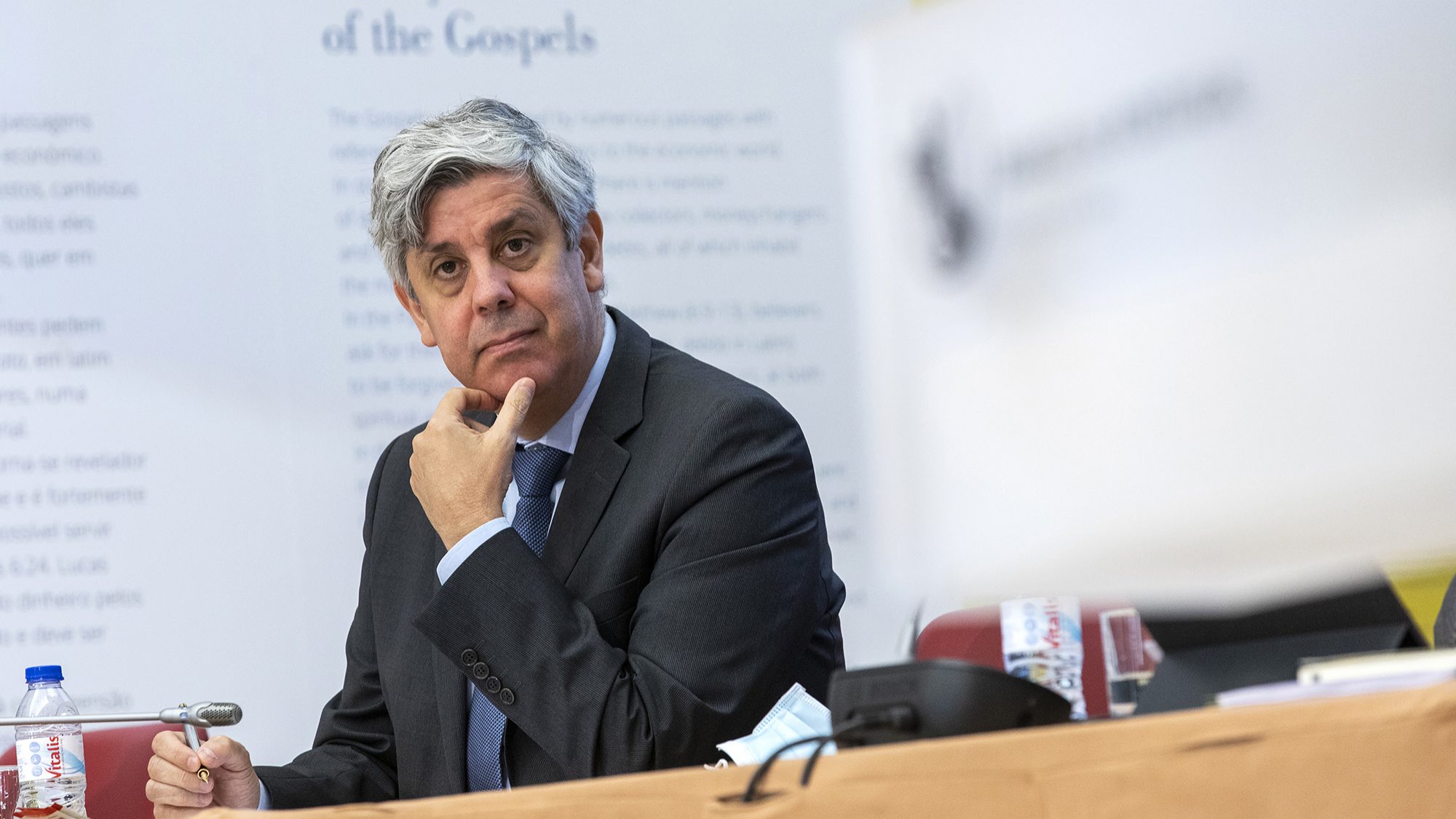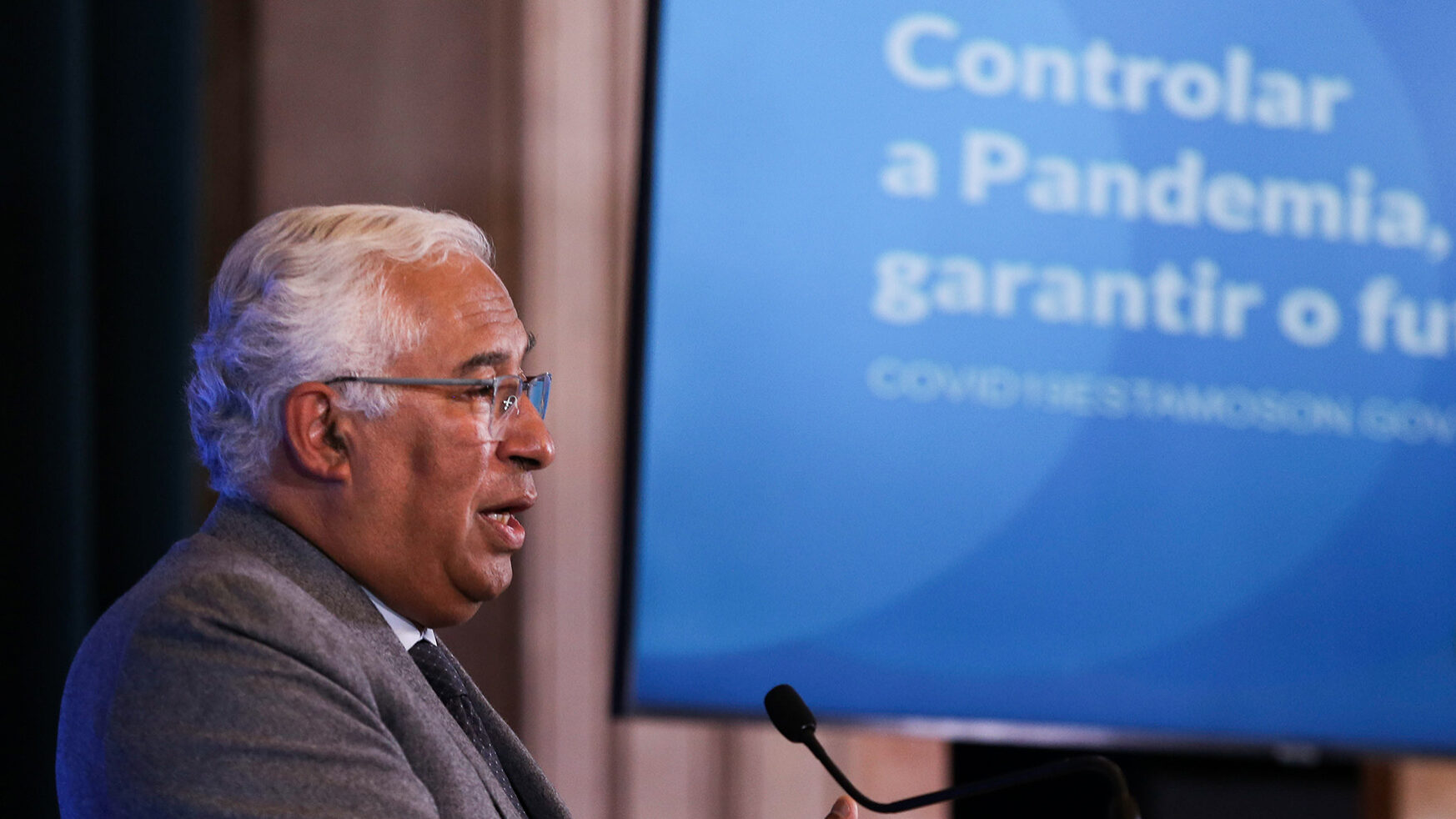New Year Covid-19 restrictions in force from Thursday
The reinforcement of restrictions during the festive season comes at a time when the country is registering new highs in daily infections (26,867 cases on Wednesday).
Restrictions to contain the Covid-19 pandemic over the New Year period went into effect at 00:00 Thursday and will remain in place until Saturday due to the worsening epidemiological situation and the recent increase in cases.
The measures, which were also in force on December 24 and 25, were decided early last week at an extraordinary Cabinet meeting in which the government also decided to bring forward the pandemic prevention and combat strategy defined about a month earlier, in view of the threat of the new Ómicron variant of the SARS-CoV-2 virus.
Today and until the end of the day on Saturday, it will be mandatory to present a negative test to enter restaurants, casinos and New Year’s Eve parties.
On the streets, gatherings of more than 10 people are prohibited, as is the consumption of alcoholic beverages.
The reinforcement of restrictions during the festive season comes at a time when the country is registering new highs in daily infections (26,867 cases on Wednesday) and an exponential increase in incidence and transmissibility rates.
For the coming days, the government also recalls the recommendations given at Christmas, namely the incentive to perform diagnostic tests, avoid crowded meetings in closed, small and poorly ventilated spaces, and avoid staying too long without a mask.
Several municipalities have cancelled New Year’s Eve parties in public spaces.
The Azores archipelago is fully in a contingency situation since Wednesday, so it is mandatory to present a negative test to access social events and New Year’s Eve celebrations in the nine islands (PCR performed in the previous 72 hours or antigen in the previous 48 hours), regardless of vaccination.
The presence of the public is limited to three quarters of the capacity of the space where the initiatives take place (in single events or in discos, which are open) and celebrations and gatherings on the streets are prohibited.
In Madeira, where hotel occupancy is around 90 per cent, the festivities will take place without additional restrictions to those already in place since November, such as the requirement to present a negative antigen test (valid for one week) and a vaccination certificate to access most public and private venues.
In 2020, the Regional government called on Madeirans to watch the traditional fireworks show at home and also set 2,060 squares drawn on the pavement in the most popular venues, for a maximum of five people each, preferably family members, but this year this measure does not apply.
In addition to the measures announced in the Cabinet specifically for the Christmas and New Year period, other restrictions have been in force since December 25 on the mainland initially planned only for the first week of January, such as the return to compulsory remote working, the closure of crèches and free-time workshops (ATL) and of bars and nightclubs.
Until January 9, a negative test is also mandatory for access to hotels and local accommodation establishments, for corporate events and family celebrations, such as weddings or christenings, and for sports and cultural events, regardless of the number of spectators.
The capacity of commercial outlets has been limited to one person for every five square metres to avoid gatherings that happen in the week after Christmas for gift exchanges.


